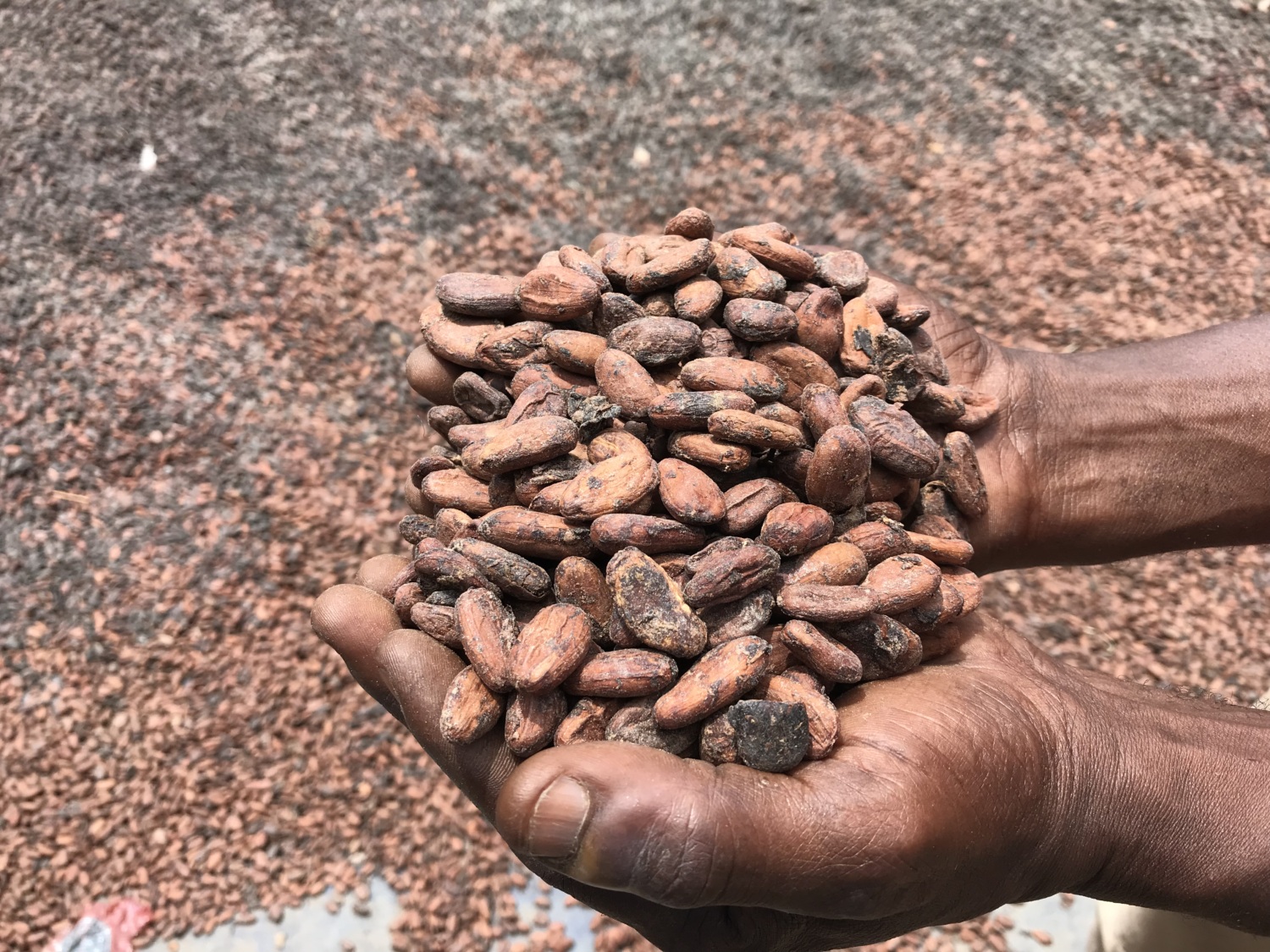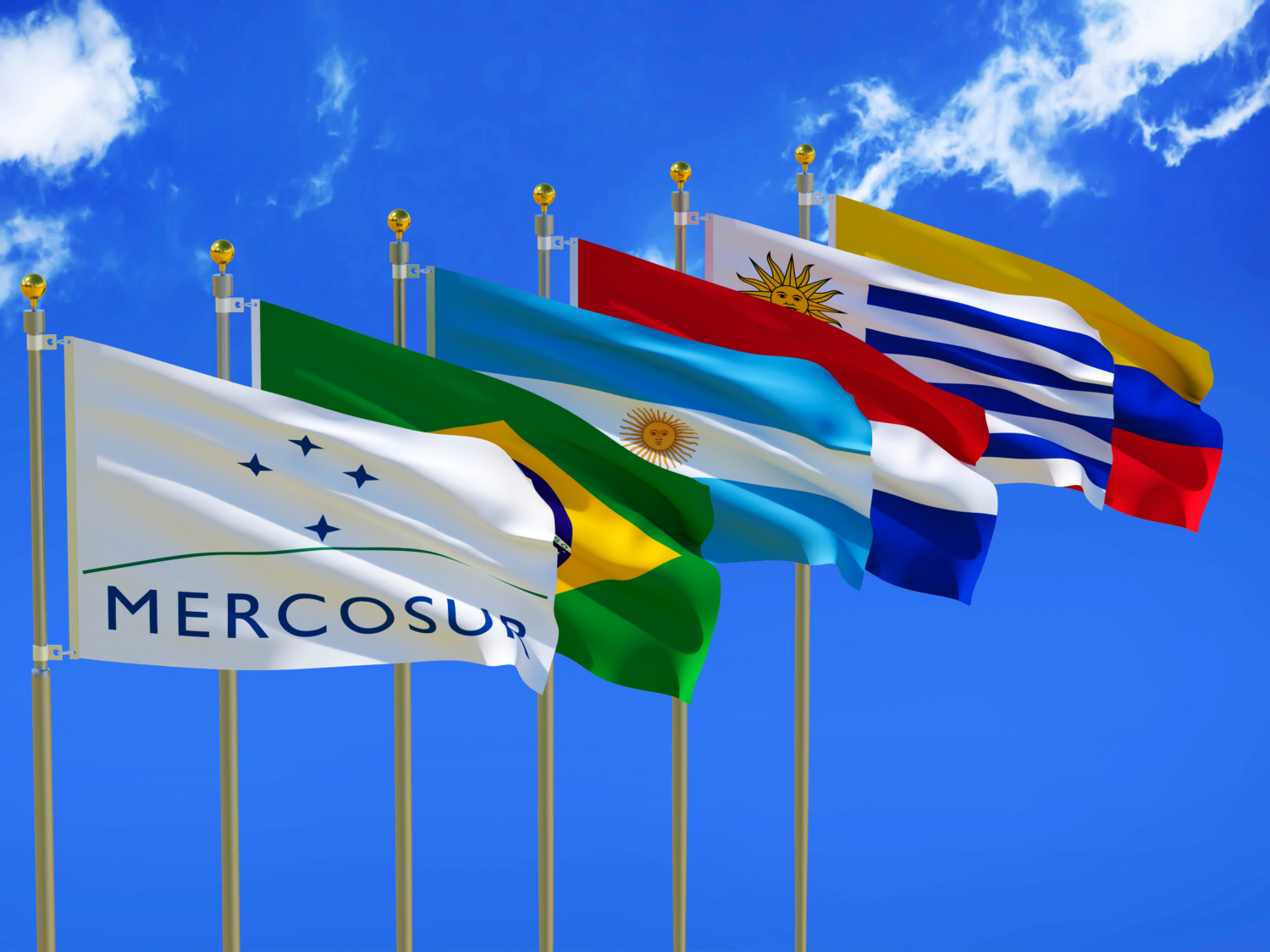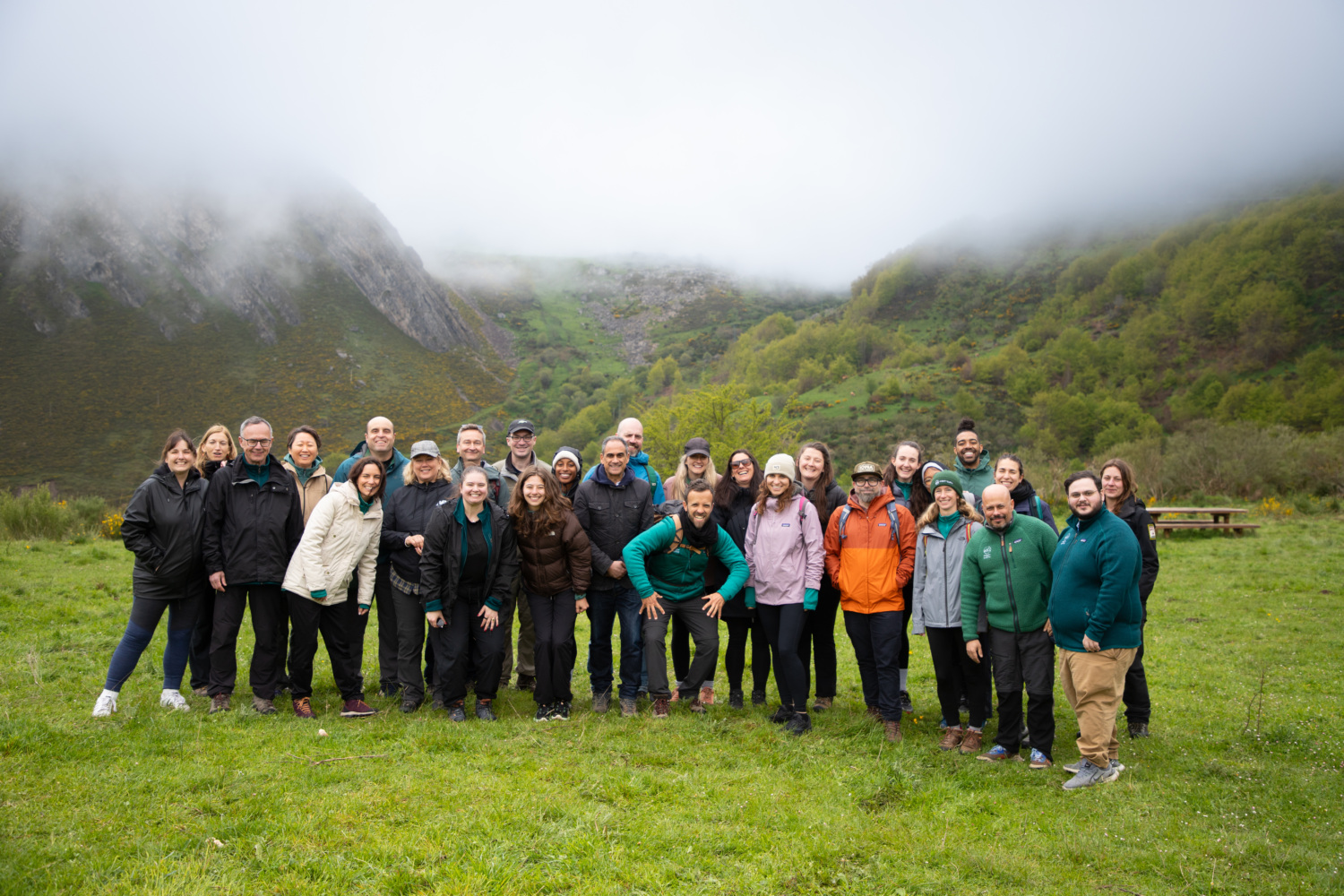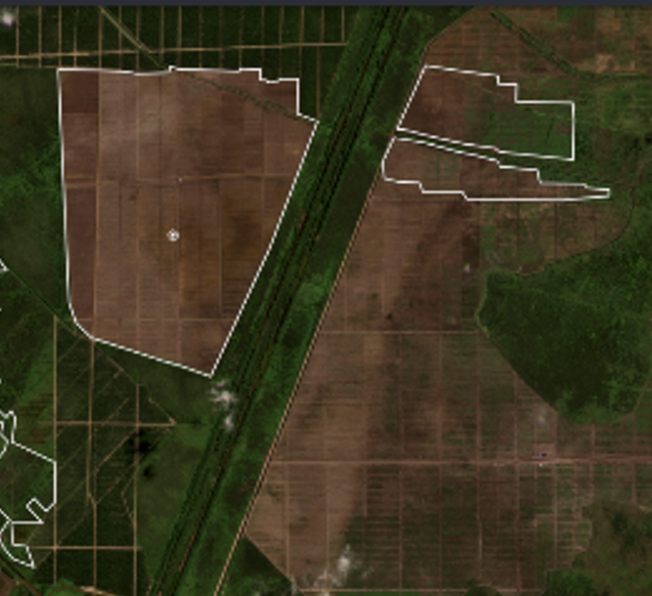
The scores are in, and this year’s chocolate villain is….
By Julian Oram, Senior Director of Policy
Today saw the release of the 2025 Chocolate Scorecard, the annual assessment of commodity traders, chocolate manufacturers and retailers in relation to seven critical cocoa sustainability indicators.
Through a rigorous survey and evaluation process, companies are ranked on their efforts to ensure farm-level traceability of cocoa beans, eliminate child and forced labour, promote agroforestry, provide a living income to producers, improve the position of women, reduce pesticide applications on cocoa farms, and ensure cocoa purchases are deforestation-free. The Scorecard, co-founded by Mighty Earth, can be used by consumers to guide how they indulge their chocolate cravings in ways that sit well with them ethically, as well as by industry actors to understand where they are falling behind on sustainability.
This year’s publication was the sixth version of the Chocolate Scorecard, which now involves dozens of academics, expert consultants and civil society organisations from around the world. In that time, we have not only seen the Scorecard team expand greatly, but also company engagement. Due to its credibility, private sector trust and participation in the Scorecard is now extremely high.
For example, whereas companies used to be very hesitant to publicly communicate about child labour, 82% of large companies shared their full child labour data with the Scorecard team this year. And, more importantly, we’re continuing to see year-on-year improvements in the actual sustainability performance of medium-to-large cocoa and chocolate companies.
For example, in 2021, major confectionary brands including Lindt, Ferrero, Mars and Nestlé all displayed mediocre scores with regards to deforestation and climate. Now, four years later, all four received the coveted “green bean” status, meaning that they are working hard to implement credible policies to ensure they only source deforestation-free cocoa. But it was Tony’s Chocolonely which topped the leaderboard across the charts. Well done to them!
A clear driver behind this rapid improvement is the EU’s Regulation on deforestation-free products (aka EUDR), which is due to come into force in January, 2026. Under the law, company’s producing goods derived from commodities such as cocoa, coffee, palm oil, soy and rubber will not be able to sell on the EU market unless they can demonstrate that those products did not contribute to deforestation occurring after December 2020.
We’re now seeing a lot of companies showing signs of system readiness for the EUDR. For instance, most companies have advanced their monitoring to ensure traceability to farm level. Some companies have also developed these traceability systems together with farmer organisations, who co-own the data, which can be a powerful tool for these groups. Besides systems readiness, a number of companies highlighted their engagement with producers to understand the implications of the regulation on their cocoa farming.
Additionally, national traceably in Ghana and Cote d’Ivoire have similarly advanced. This is significant because it addresses a large portion of the untraceable and indirect supply, which are in the reach of the companies. If these national traceability systems (farming census, farm mapping, volumes reporting) are fully operational, then untraceable cocoa is essentially eliminated. While Ghana and Cote d’Ivoire had both started cocoa traceability reforms prior to 2023, when the EUDR was passed into law, EUDR has accelerated those efforts, and opened the space for multi-stakeholder dialogue on reform cocoa.
Sadly, though, the upward trajectory on traceability is not uniform across the private sector. Starbucks, a company Mighty Earth has repeatedly challenged for its indifferent attitude towards cocoa sustainability, continues to score poorly across the board, including on traceability. And important market actors such as General Mills, Hershey’s and Storck must also do more to fully map their cocoa supply chains. It is also frustrating to see so many retailers still failing to grapple with their critical role in improving the industry.
But this year’s hands-down chocolate villain is Mondelez – makers of the Cadbury’s, Toblerone and Oreo brands – for failing to even respond to the survey. Having made progress in the early days of the Scorecard, Mondelez’s poor showing in the 2024 rankings no doubt stung the company’s ego, prompting them to pull out of this year’s one altogether.
Needless to say, retreating into petulant secrecy is definitely not the direction of travel in which Mondelez needs to be travelling. The company’s leadership should wake up and smell the cocoa, re-setting the company on a new path towards transparency and accountability for its cocoa purchasing. Until this happens, I certainly know where my own chocolate spending won’t be going.


